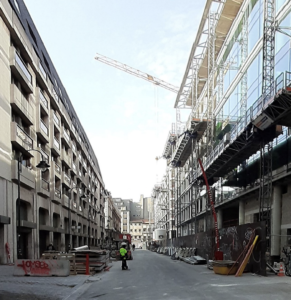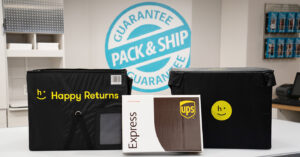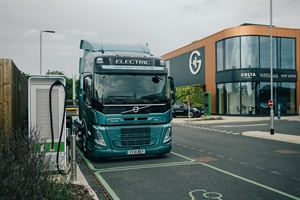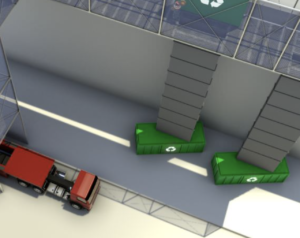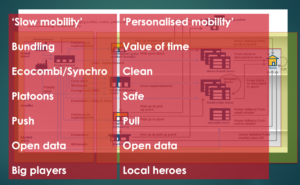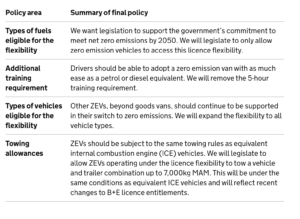Research: shared-fleet operations in healthcare logistics between public organizations
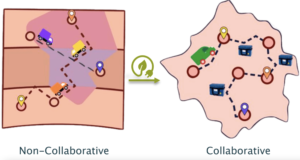
Shared-fleet logistics involves collaboration between two or more companies to combine workloads and vehicle capacity to improve vehicle utilisation and transport efficiency and reduce costs. A recent study considers the potential environmental and economic benefits of implementing a shared-fleet collaboration between two public organizations: a local government authority and a National Health Service (NHS) Trust. …

